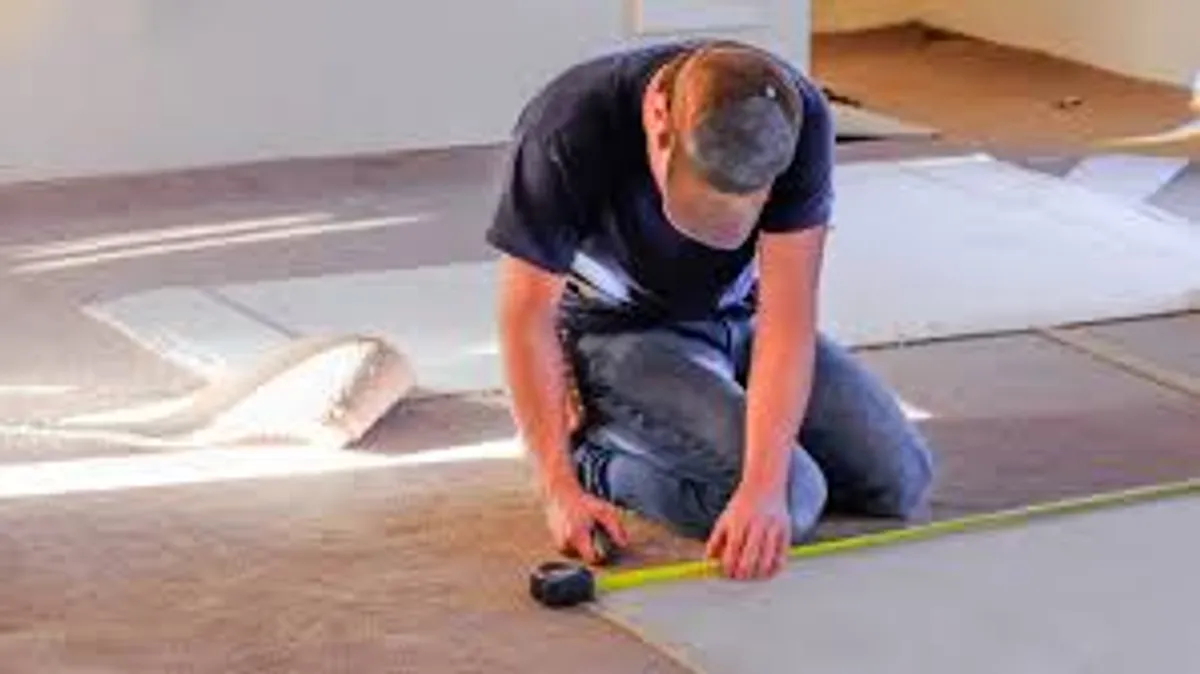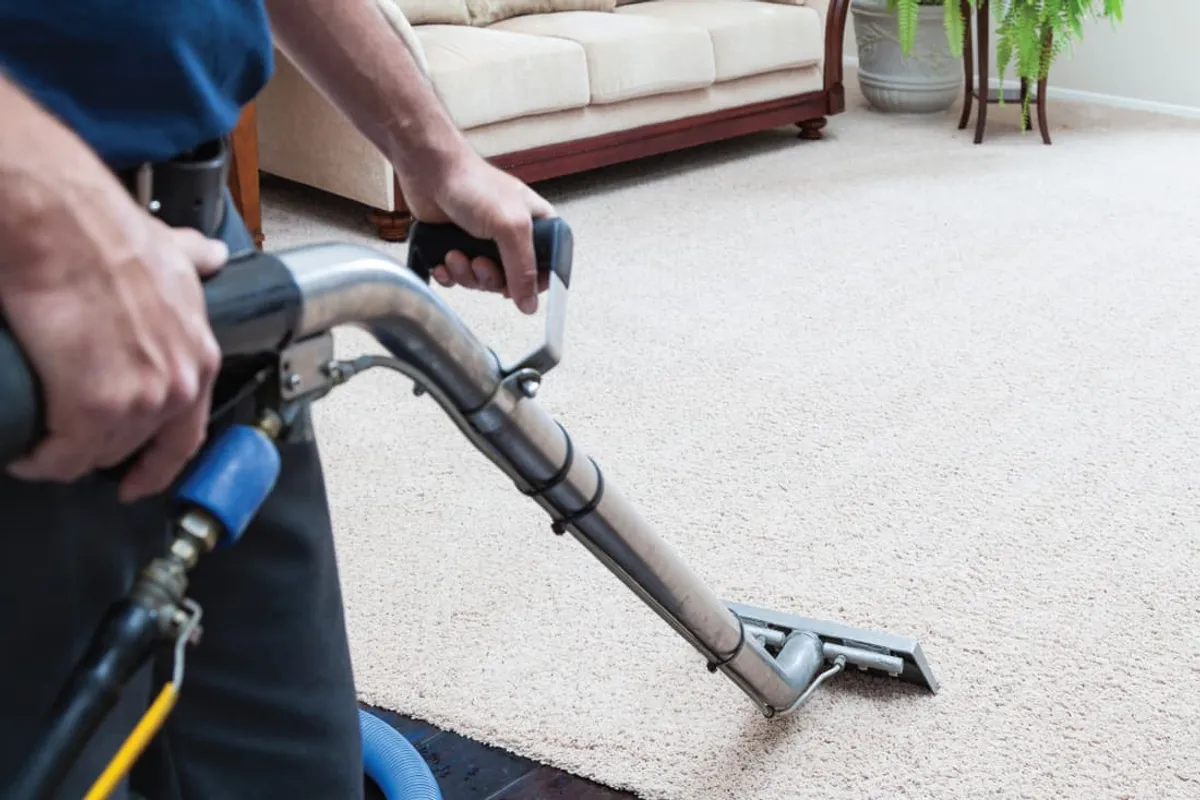why do vietnamese people frequently tip carpet installers
When it comes to carpet installation, one question that often arises is whether or not to tip the installers—and if so, what is the proper carpet installer tipping etiquette? While tipping is a common practice in many countries, it’s not as widely ingrained in Vietnamese culture, especially for home service providers. However, over the years, tipping for carpet installers has become more common among Vietnamese homeowners. In this article, we’ll explore the reasons why Vietnamese people are increasingly inclined to tip carpet installers, and I’ll share my personal experience with KATAmats, a leading carpet supplier, to shed light on this growing trend.
1. Respecting and Acknowledging Hard Work
The first reason many Vietnamese people choose to tip their carpet installers is out of respect for the hard work and effort that goes into the job. Carpet installation is no easy task—especially when the job requires meticulous measurements, precise cutting, and fitting carpets in spaces with unique shapes or features. It requires skill, attention to detail, and physical labor, which makes tipping a gesture of acknowledgment and appreciation.
I remember when I hired KATAmats to install carpets in my living room. The installers arrived early, took great care in measuring and laying the carpet, and worked diligently to ensure everything was aligned perfectly. They didn’t rush through the job and instead focused on ensuring the final result was flawless. As a homeowner, I felt that such dedication deserved recognition, and so I decided to tip them.
Tipping, in this case, was not just about a financial exchange but a simple way to say "thank you" for their hard work and professionalism.

2. Building Positive Relationships with Service Providers
Another reason for tipping is to build positive, long-term relationships with service providers, such as carpet installers. In today’s service-oriented world, many people understand that good relationships can lead to better future experiences. By tipping, homeowners can show their appreciation for the installer’s work, fostering goodwill and increasing the likelihood of receiving top-notch service in the future.
When I worked with KATAmats, I quickly realized how important it is to establish a good rapport with the installation team. They were not only experts in their field but also offered personalized advice on carpet care and maintenance. Tipping them after the job was complete felt like the right way to express my gratitude for their knowledge and expertise. It also ensured that if I needed any help or future installations, I would have an established relationship with a trusted team.
Many people find that tipping helps create a sense of mutual respect between the homeowner and the service provider, which ultimately benefits both parties in the long term.
3. Showing Appreciation for High-Quality Service
When you pay for a high-quality service, tipping becomes an effective way to show your appreciation. For many people in Vietnam, tipping is not an expected practice, but it can serve as a meaningful way to express satisfaction with the results. If the installer has done a great job, ensuring your carpet looks perfect and is properly installed, tipping becomes a way of saying, “Thank you for going above and beyond.”
I experienced this firsthand when I used KATAmats. The installers were professional, courteous, and worked efficiently, completing the installation process in a way that exceeded my expectations. I wasn’t just paying for the materials but for the entire experience, including the expertise and professionalism they brought to the job. Tipping, in this case, was a way to express my appreciation for their hard work and the quality of the service.
If you’re someone who values craftsmanship and dedication, tipping becomes a natural way to recognize and reward those who deliver excellent service.

4. Generosity and Modern Consumer Culture
In Vietnam, especially in larger cities like Hanoi and Ho Chi Minh City, tipping has become more popular as part of a broader shift towards a more modern consumer culture. People are increasingly aware of the importance of customer satisfaction and the role that service providers play in enhancing their daily lives. With this shift comes the growing desire to give back in a way that is simple, yet meaningful.
For instance, when I hired KATAmats, I didn’t just see the transaction as an exchange of money for goods and services. I saw it as an opportunity to participate in a more contemporary and generous consumer culture. As people in urban areas continue to experience a higher standard of living and increased exposure to global trends, tipping has become a way to align with more global norms of appreciating good service.
Even in a country where tipping is not mandatory, it’s becoming increasingly common for people to show their gratitude in this way. It’s not only about showing respect for the work but also about embracing a more generous, open-handed approach to consumption.
Have you ever wondered about this issue when using carpet installation services? Find out more here.
5. Encouraging Professionalism and High-Quality Work
Another reason Vietnamese people tip carpet installers is to encourage professionalism and ensure high-quality service. When installers are aware that their work will be acknowledged through tipping, it often motivates them to put extra effort into the job. The recognition they receive in the form of a tip encourages them to maintain high standards, which benefits everyone involved.
During my experience with KATAmats, I could see that the installers took great pride in their work. They were meticulous in every detail and even took extra care to ensure that the carpet was installed securely and with precision. It was clear that the company had high standards for its installers, and as a result, the whole process went smoothly. Tipping them after the job was finished felt like a way to help maintain that level of professionalism, ensuring that they would continue providing excellent service to other customers as well.
The act of tipping reinforces the idea that quality work is valued, and this motivates service providers to continuously improve.

6. Acknowledging and Elevating the Profession
In some cultures, professions like carpet installation are often underappreciated, even though they require significant skill and experience. By tipping, homeowners are not only acknowledging the work but also helping to elevate the status of these professionals. In Vietnam, as the economy grows and people become more aware of the importance of skilled labor, tipping becomes a way to recognize and respect these trades.
When I worked with KATAmats, I realized that the installers weren’t just doing a job; they were practicing a craft. The expertise involved in measuring, cutting, and installing the carpet was impressive, and it required knowledge and attention to detail. By tipping them, I was not just compensating them for their time; I was showing my respect for their expertise and helping to uplift their profession in the eyes of the public.
A common question when hiring carpet installers is whether to tip them or not. Click to discover the details.
7. Cultural Shift and the Influence of Globalization
With increasing exposure to global trends, particularly in larger cities, the idea of tipping for services like carpet installation is becoming more common in Vietnam. While tipping was once reserved for more formal or high-end service industries, people are now beginning to see it as a simple and effective way to show appreciation in all aspects of life.
For example, the rising popularity of international brands and global services, such as KATAmats, has played a role in influencing local consumer habits. As global tipping practices become more widely accepted, more Vietnamese homeowners are adopting these customs, seeing them as part of a broader trend toward customer satisfaction and recognition.

Conclusion: Why Tipping Carpet Installers is Becoming More Common in Vietnam
To sum up, there are several reasons why Vietnamese people are increasingly choosing to tip their carpet installers. Tipping is seen as a gesture of respect for the hard work and expertise involved in carpet installation. It helps build long-term relationships with service providers, encourages professionalism, and elevates the industry as a whole. Additionally, tipping is becoming part of the modern consumer culture in Vietnam, reflecting a broader shift toward valuing quality service.
If you’re considering tipping your carpet installer, it’s important to remember that carpet installer tipping etiquette isn’t strictly defined—it’s a personal choice that reflects your satisfaction with the work. Whether you tip a small amount or a larger one, the gesture shows appreciation for the skill and dedication involved. For me, after experiencing the excellent service from KATAmats, tipping was an easy decision that allowed me to express my gratitude and support for the professional work provided.
Ultimately, tipping for carpet installation in Vietnam is not just about the money—it’s about recognizing the effort that goes into making your home beautiful and functional. So, the next time you have a carpet installed, consider the impact of a thoughtful tip—it may just lead to an even better experience in the future.